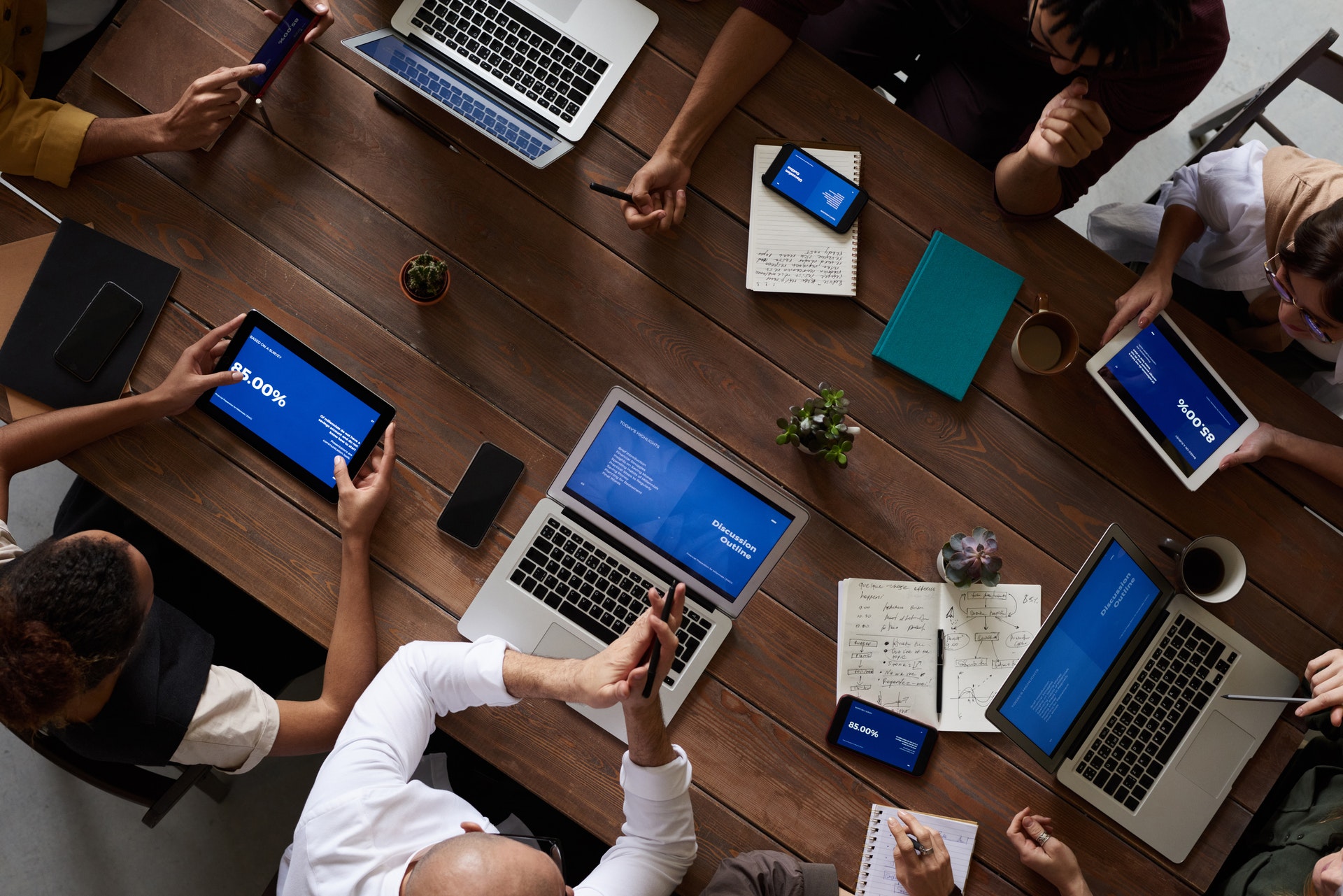Civic Experiment & Wiki Challenge
From Social Collaborative Singapore

socialcollab.sg is an open collaboration initiative working towards a ground-up understanding of social needs, gaps and solutions in Singapore through this online wiki platform and offline networks centred on target populations.
Contents
Objectives
To bring and support interested parties to voluntarily come together to collectively make sense of social issues: information, resources, needs, gaps and ideas/solutions.
Concept
- Adopt a domain page (Issue, Community Asset or Locality) and populate it from 1 Feb to July 2020.
- Interest and recruit others to do it together with you
- Consult and engage experts to give you insights and work together, if you like
- Make sense and present the collective knowledge base to policymakers, NGOs & academics at roundtables or community forums.
Process
- Find at least one friend to form a small group to start (Feb 2020).
- Agree on a social cause (e.g., Seniors), community asset (e.g., Community Artists) or locality (e.g., Whampoa)
- You are encouraged to populate at least 1 item a week (and keep a record of your contributions).
- While you might start with a main page, you can create as many sub-pages where you think it makes sense. For example, Disability is a hub page for sub-pages such as Hearing Impairment, Arts & Disability.
- Recruit others to help populate information, and check in weekly with them.
- Document what you and your immediate recruits have contributed - just cut & paste to in a Google doc
- Ask for feedback and highlight any challenges faced – also cut & paste this to Google doc
- Forward issues or any requests for IPS to help with - contact Andrew (andrew.lim@nus.edu.sg) or Justin (justin.lee@nus.edu.sg). We can provide technical assistance or research suggestions, e.g. search strategy or how to integrate bits of info if you are not sure where or how it fits.
- At the end of July 2020, take stock of the whole knowledge base you have consolidated (with whoever is interested to in your network), and present key findings to IPS.
- Teams will have the chance to present to parties in the sector, with best presentations (assessed for quantity and quality of knowledge) also eligible for a larger Community Forum in Oct 2020.
Significance
- Acquire skills on needs assessments and asset mapping. Wiki pages are structured in a needs assessment format, and records useful resources and assets. Participants can also gain experience engaging with policymakers and NGOs.
- Contribute to policy or practice. Presentation to policymakers, NGOs and academics helps inform the work they do, and also gives useful exposure and contributes to participants' own CV.
- Democratisation of research. Allows those without a voice to meaningfully contribute to a collective knowledge base instead of rely on others to define the issues for them.